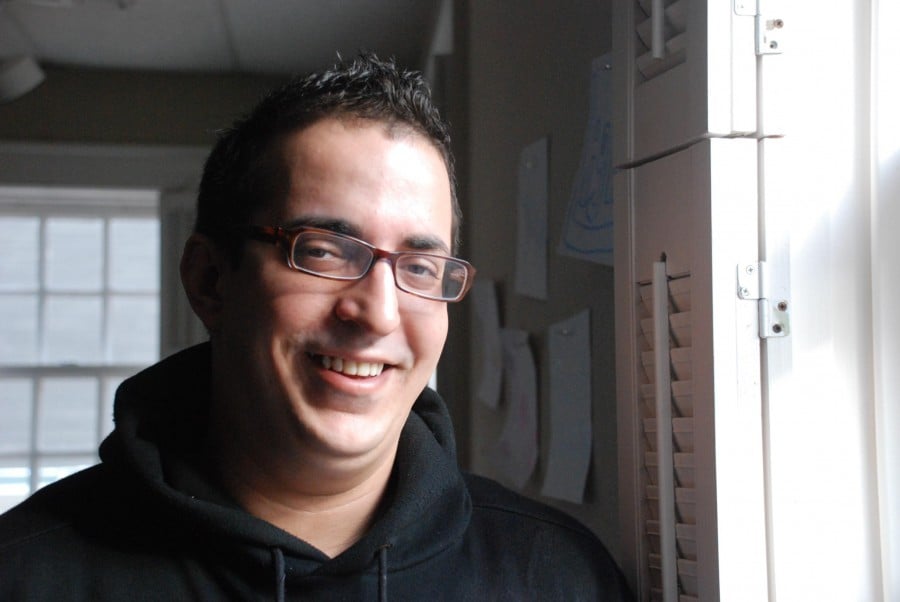The future of the Special Term, start its pilot at Guilford College in Jan. 2013, seems pretty promising for students; however, implementing the term seems to leave as many questions as answers.
The Special Term, a part of the second Strategic Long-Range Plan (SLRP II) for “student outcomes,” will give students a chance to do a wide variety of projects in three weeks over the January break.
The community has not been informed about how we can align this program with our core values, namely equality. Equality for students and faculty.
What exactly does a “Special Term” include?
Special internship opportunities and projects would give students hands-on experience in disciplines and specialties they choose.
Imagine you are pre-med and get a chance to spend three weeks working in an emergency room, getting that experience and exposure that would never be imaginable any other way. Or you get the chance to study away or abroad for three weeks instead of an entire semester.
For students, the Special Term means added experiences that they can bring directly back to the college, which will enrich our learning environment.
What has not been figured out yet is how students who cannot afford to pay would be able to enjoy the option of a Special Term at Guilford. As the pilot stands, there would be financial aid offered to assist students who might want to take the term.
There are discussions about potentially changing the tuition structure as a whole to have everyone pay for the Special Term, if the term proves successful in the pilot.
Currently, the administration is hoping only to hammer out the scheduling portion of the term and then move on to address other, more challenging issues — faculty compensation, how students will be able to afford the term, and so on.
For faculty, who are already overworked and underpaid, the prospect of being required to teach a Special Term means more work and less pay.
Faculty has warmed to the idea of the Special Term, even in the face of a daunting workload, because Guilford professors want what is best for their students, hands down.
Guilford professors, by my estimation, do not choose the college for the money they earn, but because most love the college. It is not as if a professor being concerned about compensation is a sign of greed.
Other drawbacks for faculty are the changes that would be made to the tentative new academic calendar that shortens the already crammed fast -track schedule.
Under the current proposal of administration to faculty, the fast-track schedule would be cut by a week, placing more pressure on departments like accounting that will have to rearrange a schedule that is already incredibly concentrated.
Without actually seeing this term through its pilot and breaking a few eggs it is unreasonable, unacceptable even, to say the program will not succeed.
Equally, without the full consideration of the professors’ need for compensation and with consideration of class workloads that are already in place, it would show wanton and poor judgment for the administration to rush ahead; fortunately this is not happening and the planning moves forward carefully.

